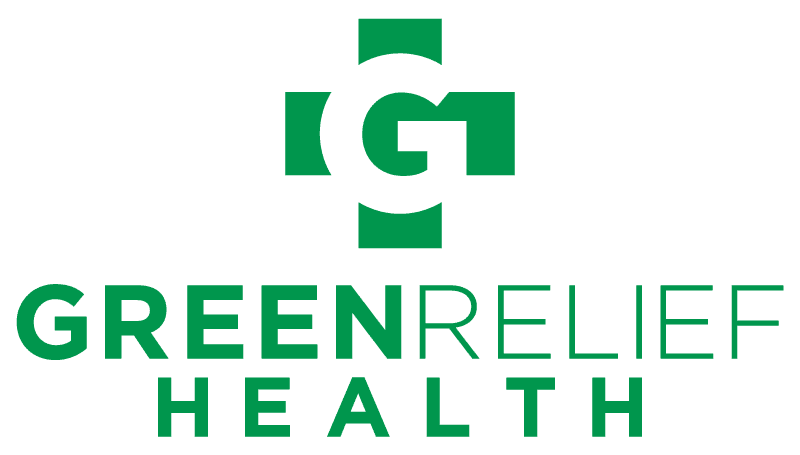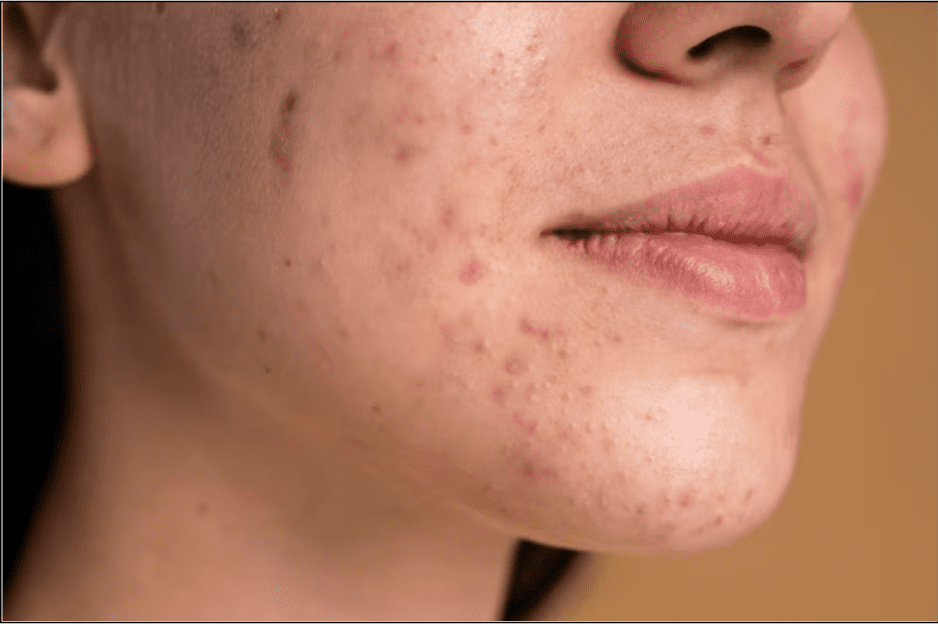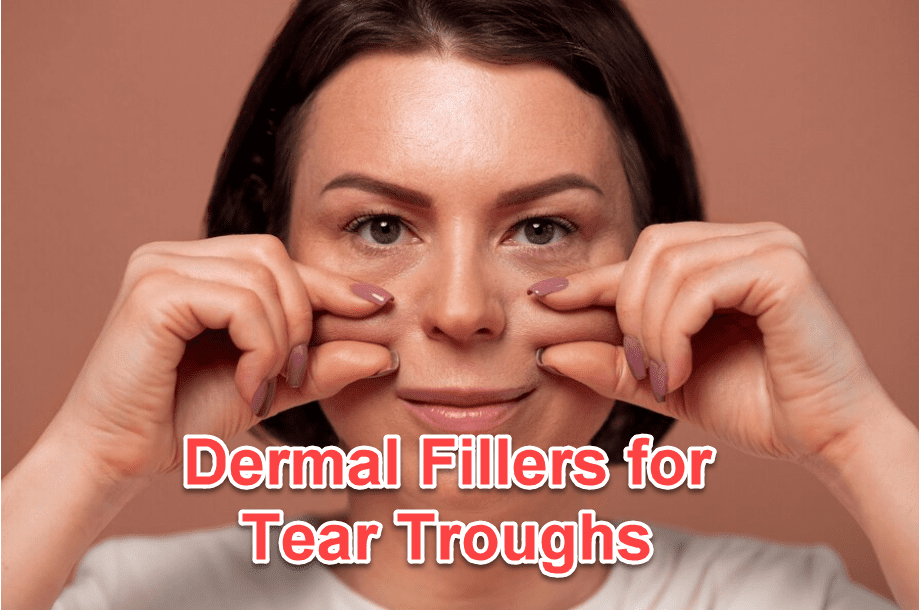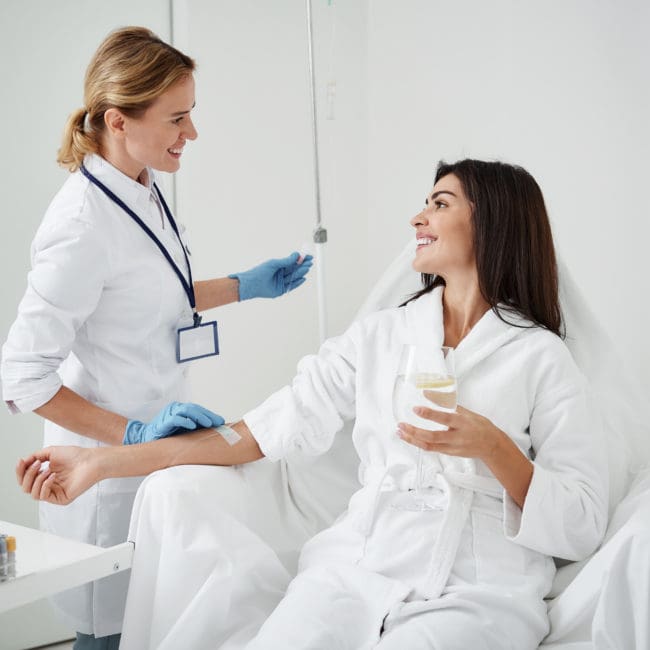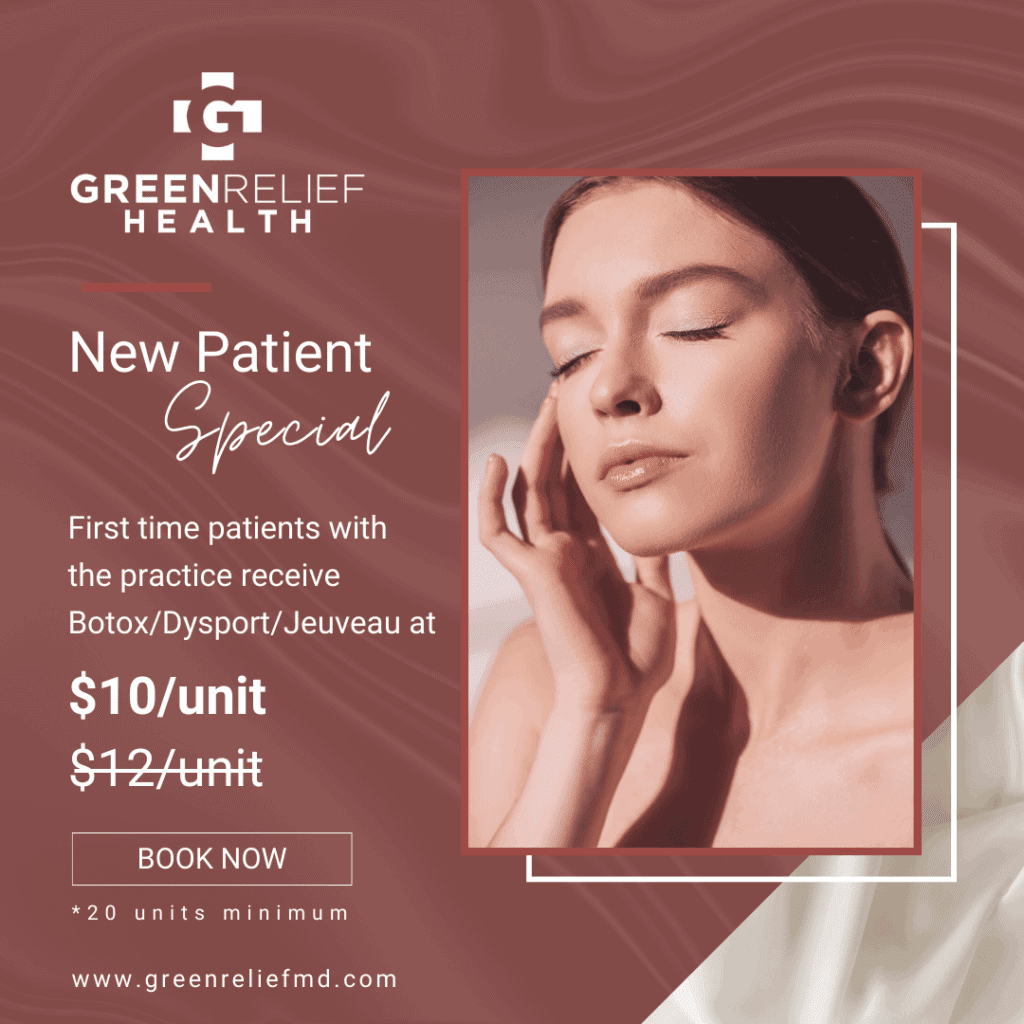Acne is one of the most common skin conditions, estimated to impact over 50 million Americans annually. This frustrating condition is most prevalent among adolescents and young adults but can persist well into middle age. Acne erupts when dead skin cells, oil, and bacteria clog hair follicles, leading to red pimples, whiteheads, or painful cysts.
While the exact cause of acne remains unclear, the general scientific consensus points to four main contributing factors:
- Excess sebum oil production
- Buildup of dead skin cells
- Bacteria growth
- Inflammation
However, many who battle acne breakouts also report perceiving a clear link between increased stress levels and the worsening of their skin condition. This observation, combined with several clinical studies over the years, suggests stress can exacerbate acne.
In this comprehensive guide, we’ll analyze the evidence connecting stress and acne flares. You’ll also discover science-backed strategies for managing stress to help promote clearer skin, plus the latest treatment options for relieving all types of acne.
The Agony of Acne: Is Stress to Blame
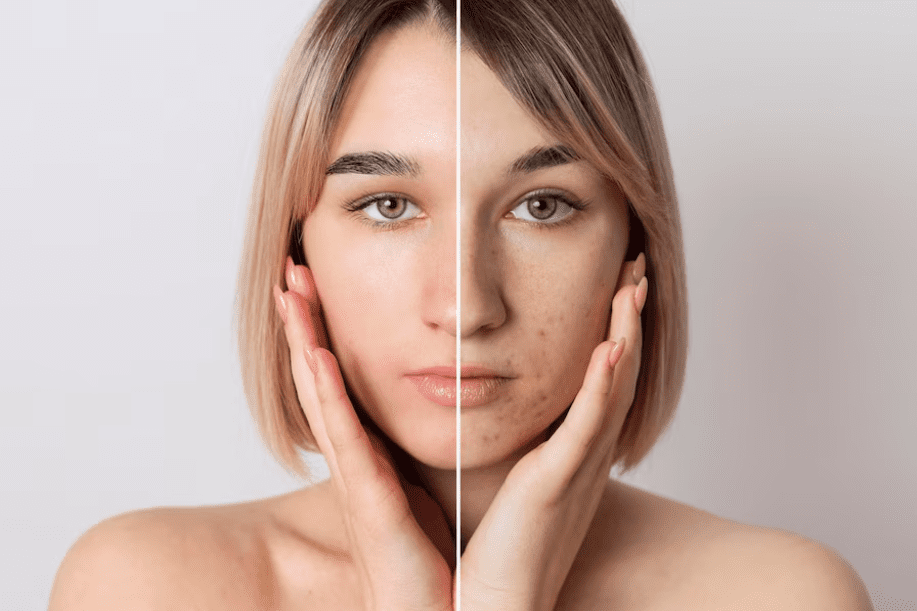

Anyone who has dealt with acne knows how frustrating and confidence-sapping those angry red bumps can be. As if adolescence weren’t hard enough without pesky pimples! But acne often continues to plague people well into adulthood.
While genetics and hormone fluctuations seem to play a role, stress increasingly surfaces as a pivotal contributor to acne woes. Read on as we probe whether stress alone can directly trigger breakouts or if it acts more as an accomplice in acne crimes.
Research continues trying to decode exactly why our bodies rebel, generating acne. Hormonal fluctuations clearly play a substantial part in fueling excess sebum and irritation. But scientists today also finger chronic stress as a stealthy accomplice sabotaging clear complexions.
Connecting the Dots: Stress and Its Role in Acne
The idea that stress worsens acne has endured over generations. But is it real or just a popular misconception?
Expanding scientific research demonstrates stress contributes to acne progression through its effects on key underlying factors like hormonal fluctuations, systemic inflammation, and a weakened skin barrier.
Understanding the Stress Response
First, let’s quickly review how the body responds when you feel threatened or anxious. The hypothalamus signals the adrenal glands to release stress hormones, including cortisol and epinephrine. This triggers your “fight or flight” reaction, preparing you to confront or flee danger.
In small doses, this stress response is normal and even productive. However, chronic high cortisol levels negatively affect metabolism, immunity, and tissue inflammation. So, what do ongoing stress and elevated cortisol have to do with the development of acne?
Cortisol Triggers Excess Sebum
Several studies confirm chronic psychological stress boosts sebum secretion, the oily substance secreted by oil glands (sebaceous glands) to lubricate skin and hair. Excess accumulation of sebum is a primary driver of pore-clogging that leads to inflammatory acne lesions.
Research also links elevated cortisol to increased circulating androgens, including testosterone. These androgens stimulate sebaceous glands in the skin to generate excess sebum.
The Impact of Inflammation
Emerging research indicates chronic stress-related inflammation also plays a significant role in acne. People prone to acne often exhibit elevated inflammatory biomarkers like C-reactive protein.
It appears that heightened inflammation in acne patients causes the sebaceous glands to become inflamed. Studies note those with acne show immune cell accumulation around the sebaceous glands. This localized inflammation of the oil glands results in further swelling and damage within hair follicles that are already prone to blockage.
Gut Health and Acne
Another revelation in recent years is establishing a connection between gut microbiome balance and skin conditions like acne.
Given the substantial interaction between the gut, stress response, immune function, and inflammation regulation, impaired gut health could contribute to acne susceptibility.
While still an emerging area of study, early research finds that acne patients frequently have a different and less diverse gut microbiome profile than those with clear skin. Improving overall gut health appears tied to reducing systemic inflammation that drives acne.
The Weight of Evidence on Stress and Acne
Given what we know about how chronic stress reactions trigger hormonal shifts, inflammation, and a depleted skin barrier – it adds up that higher stress levels correlate to acne flares for those prone to outbreaks.
No one would claim stress singularly “causes” acne for all sufferers. However, science supports that learning to manage anxiety and improve your resilience absolutely helps control acne progression.
Strategies to Reduce Stress for Clearer Skin
Managing acne requires a multifaceted approach, including proper skin care, medications, and in-office treatments. However, lifestyle changes to promote wellness can be just as vital for alleviating outbreaks. Learning to relax the mind and body builds up natural defenses against acne-inciting inflammation.
Calming Practices for Balance
From yoga breathing to mindfulness meditation apps, numerous self-care practices help you tap into the body’s relaxation response to lower cortisol. Dedicating just a few minutes daily to find your calm zone improves your skin. Beneficial activities to reduce stress include:
- Deep Breathing: Inhale, pushing the belly out, exhale slowly, emptying the lungs
- Progressive Muscle Relaxation: Systematically tensing and releasing muscle groups
- Mindfulness Meditation: Observe thoughts and physical sensations without judgment
- Yoga Poses: Forward folds, child’s pose, or savasana relax mind and body
Regular Moderate Exercise not only relieves mental stress and anxiety but also decreases inflammatory factors behind chronic health conditions like acne. Activities like walking, swimming, or cycling elevate mood while improving circulation and immunity.
Prioritizing Restorative Habits
Reevaluating daily habits that deplete your reserves also allows you more energy to cope with demanding stressors. Get at least 7 hours of quality sleep nightly, reduce intake of sugary and processed foods in favor of more vegetables and fiber, and sip plenty of water instead of caffeinated or alcoholic drinks. Treat yourself to relaxing baths, soothing music, or funny movies too!
Optimizing Time Management
Take control of unnecessary chaos, adding to your feeling overwhelmed. Make to-do lists, and then prioritize what must be done now versus what can wait. Batch similar tasks together and tackle paperwork and emails in focused blocks versus constant start-stops. Say no to extras that add pressure without enriching your life.
Acne Treatment Options
Even if you master reducing stress, effectively managing acne often requires additional medical intervention based on your specific type and severity of lesions.
The expert medical aesthetics team customizes combination therapy drawings from today’s most advanced resources, including:
- Prescription anti-acne skincare products with benzoyl peroxide or retinoids
- Professional chemical peels and microdermabrasion
- Laser genesis to reduce oil production and inflammation
- Microneedling with radiofrequency for enhanced product absorption
- Injections to treat deep cystic acne swelling
Partner with a Reputable MedSpa for Personalized Treatment
Seeking input from board-certified experts like Dr. Lauren Nawrocki at Green Relief Health MedSpa ensures you receive a thorough analysis of all potential acne triggers plus a tailored treatment plan.
After assessing your unique acne patterns and aggravators during an extensive intake, she devises an integrated protocol targeting the underlying drivers of your breakouts – not just superficial symptoms.
This inside-out healing approach, combining stress reduction techniques, anti-inflammatory nutrition, rebalancing hormonal influences, and advanced corrective skincare, maximizes your chances for long-term clear, resilient skin.
With a compassionate, solutions-focused partner like Dr. Lauren guiding your journey to a clearer complexion, freedom from acne frustrations finally feels possible!
The Takeaway: Manage Stress, Clear Acne
A wealth of scientific data substantiates why perceived increases in stress often escalate acne flares.
Learning to regulate your stress response and develop daily wellness habits fortifies your body’s defenses against inflammatory factors that drive breakouts.
But when acne persists despite your best efforts, seek personalized advice from a board-certified expert like Dr. Nawrocki on the latest medical and aesthetic anti-acne solutions.
Combining stress-busting self-care with professional treatments gives you the best chance at defeating acne for good!
